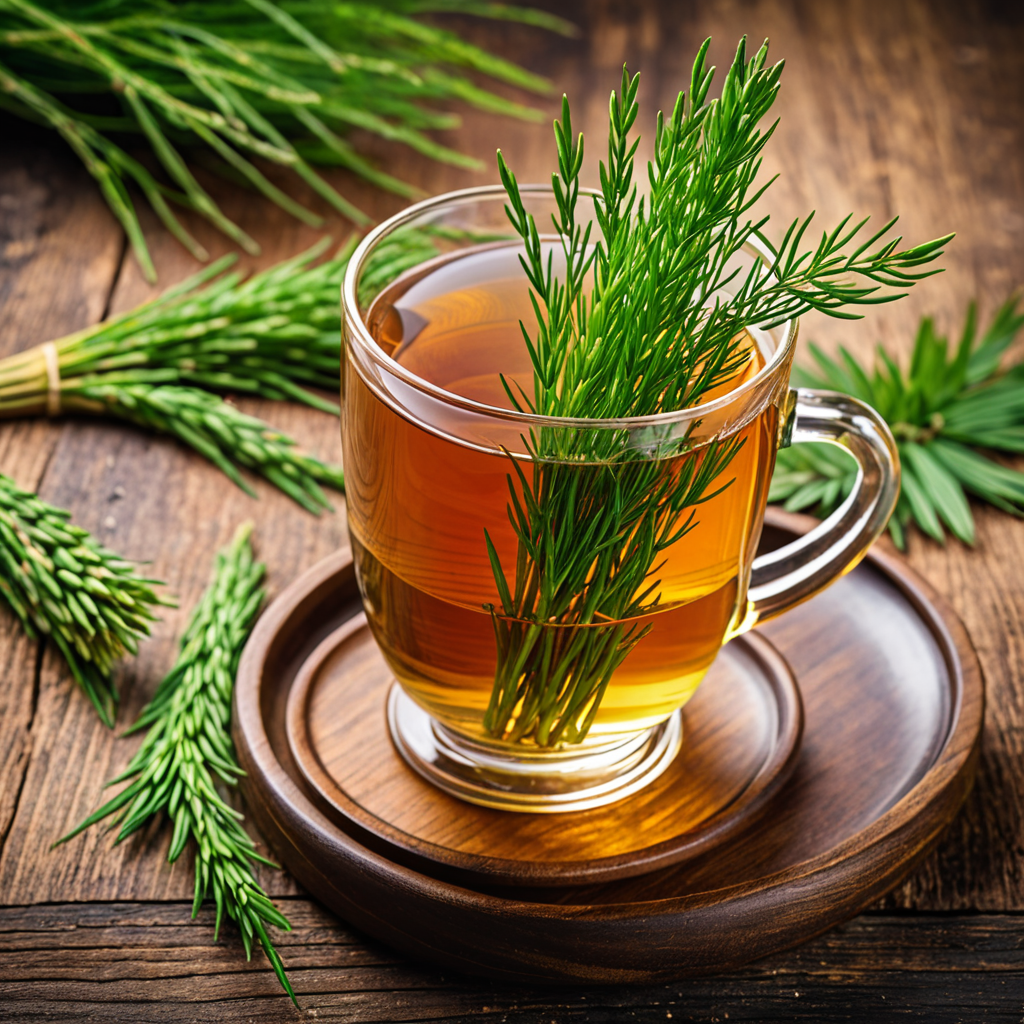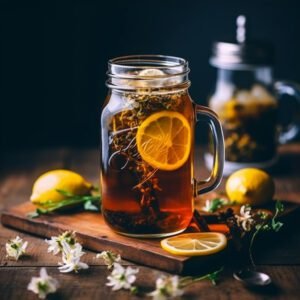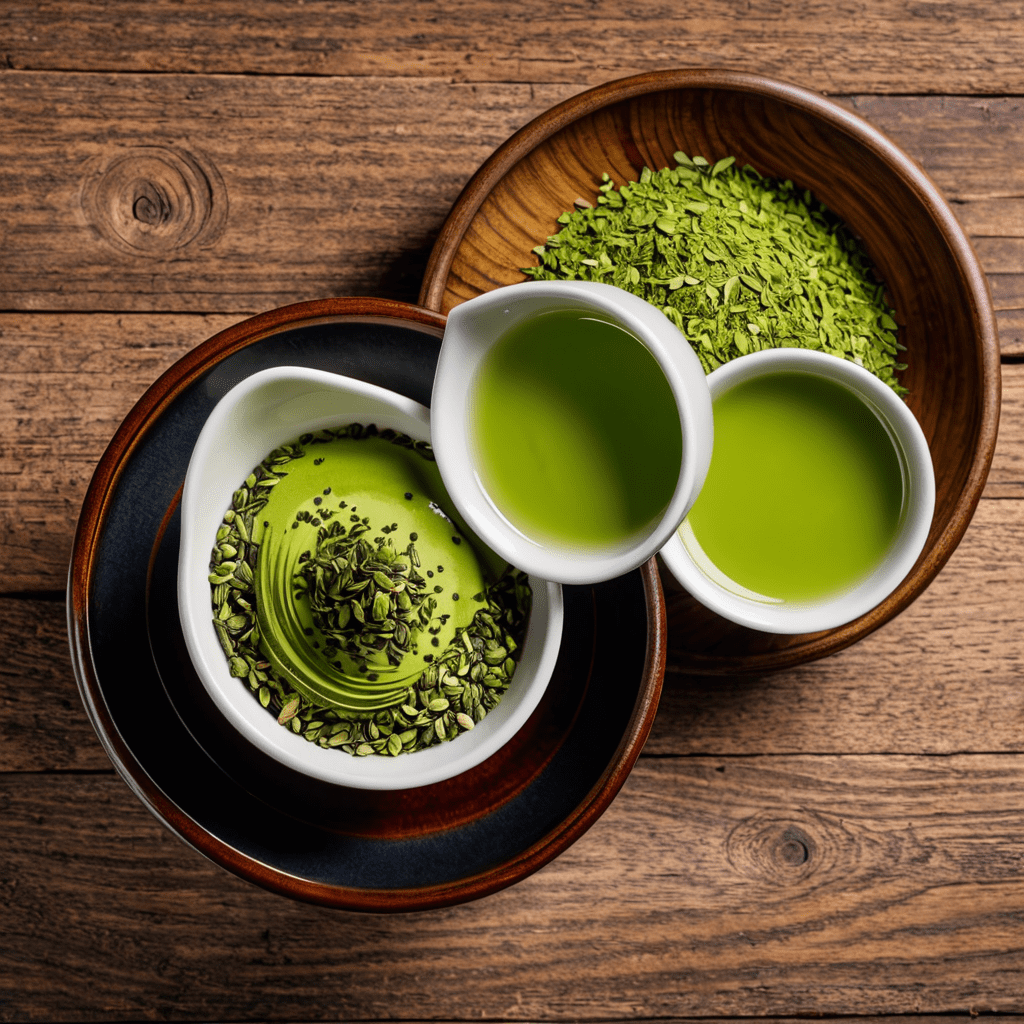1. Introduction to Assam Tea
Assam tea, renowned for its robust flavor and malty notes, is a celebrated variety originating from the verdant valleys of Assam, India. The unique climate and soil conditions of this region impart a distinctive character to the tea leaves, resulting in a rich and full-bodied infusion. Assam tea is widely adored by tea enthusiasts worldwide and is often categorized based on its grade, which signifies the size, quality, and processing method of the leaves.
2. Understanding Tea Grades
Tea grading is a meticulous process that involves evaluating the size, appearance, and quality of the tea leaves. The grading system for Assam tea, like many other teas, is designed to help consumers understand the characteristics and flavor profiles associated with each grade. By comprehending the different grades, tea drinkers can make informed choices based on their personal preferences and desired brewing methods.
3. Grade OP: Orange Pekoe
Orange Pekoe (OP) is one of the most common grades of Assam tea. It consists of whole, unbroken leaves that are relatively large in size. OP grade tea is known for its rich, full-bodied flavor and is often preferred for brewing in teapots or infusers. The larger leaf size allows for a slower infusion, resulting in a more pronounced taste and aroma.
4. Grade BOP: Broken Orange Pekoe
Broken Orange Pekoe (BOP) tea is made from broken leaves that are smaller than those used in OP grade. BOP tea has a slightly stronger flavor than OP due to the increased surface area of the broken leaves, which allows for more flavor extraction during brewing. It is a versatile grade that can be enjoyed in a variety of brewing methods, including teapots, infusers, and tea bags.
5. Grade FOP: Flowery Orange Pekoe
Flowery Orange Pekoe (FOP) tea is a higher grade of Assam tea that consists of young, tender leaves with silvery tips. These tips, known as golden tips, contribute a delicate, floral aroma and sweetness to the tea. FOP grade tea is often considered to be the finest quality of Assam tea and is prized for its exceptional flavor and complexity.
6. Grade TGFOP: Tippy Golden Flowery Orange Pekoe
Tippy Golden Flowery Orange Pekoe (TGFOP) tea is an exquisite grade that is highly sought after by tea connoisseurs. It comprises young, tender leaves with an abundance of golden tips, resulting in a remarkably delicate and aromatic infusion. TGFOP grade tea is known for its complex flavor profile, which combines the robustness of Assam tea with hints of floral sweetness and a lingering finish.
7. Grade FBOP: Fine Broken Orange Pekoe
Fine Broken Orange Pekoe (FBOP) tea is composed of smaller, broken leaves that are more finely cut than those used in BOP grade. FBOP tea offers a robust, full-bodied flavor with a slight astringency. Its smaller leaf size allows for a quicker infusion, making it a suitable choice for brewing in tea bags or for use in tea blends.
8. Grade CTC: Crush, Tear, Curl
Crush, Tear, Curl (CTC) tea is a distinct grade of Assam tea that undergoes a unique processing method. The leaves are crushed, torn, and curled into small, compact pellets. CTC tea has a strong, brisk flavor and a rich, dark color. It is commonly used in tea bags and is well-suited for brewing in milk or with sugar.
9. Grade Dust
Dust grade tea consists of the finest particles of tea leaves that are produced during the processing of higher-grade teas. It has a strong, earthy flavor and is often used in tea bags or as an ingredient in tea blends. Dust grade tea is a cost-effective option for those looking for a robust and economical brew.
10. Selecting the Right Grade for Your Taste
Choosing the right grade of Assam tea depends on your personal preferences and brewing methods. For a rich, full-bodied flavor, OP or BOP grades are excellent choices. If you prefer a delicate and aromatic tea with floral notes, FOP or TGFOP grades are recommended. FBOP grade is suitable for those who enjoy a robust flavor with a slight astringency, while CTC grade is ideal for brewing in milk or with sugar. Dust grade is a budget-friendly option for a strong and economical brew.
FAQ
What is the difference between Assam tea and other types of tea?
Assam tea is renowned for its robust flavor and malty notes, which are attributed to the unique climate and soil conditions of the Assam region in India.
What is the best way to brew Assam tea?
Assam tea can be brewed using various methods, including teapots, infusers, and tea bags. The optimal brewing temperature is around 200-205 degrees Fahrenheit.
How long should I brew Assam tea?
The brewing time for Assam tea depends on the desired strength and grade of the tea. Generally, for a medium-strength brew, steep the tea leaves for 3-5 minutes.
Can I add milk or sugar to Assam tea?
Yes, it is common to add milk or sugar to Assam tea, especially CTC grade. However, some prefer to enjoy it black to fully appreciate its robust flavor.
Where can I buy high-quality Assam tea?
High-quality Assam tea can be purchased from reputable tea vendors, both online and in specialty stores. Look for teas that are sourced directly from Assam and have clearly labeled grades to ensure authenticity.


